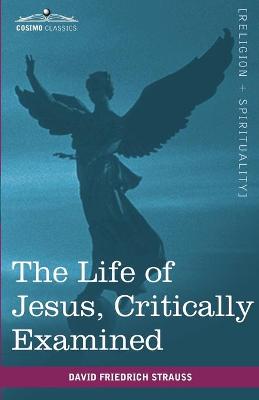Continuum Classic Texts
1 total work
Strauss's interpretation of biblical events was a result of, and a response to, the attacks on orthodox Christianity brought by the Enlightenment. In the face of scepticism about such biblical events as miracles, his aim was to explain how Christians came to believe when there was no objective historical basis for their faith. Taking the resurrection as the key article of faith, his verdict was that religion was an expression of the human mind's ability to generate myths and interpret them as truths revealed by God. Influenced by Hegel and Schleiermacher, Strauss characterized Christianity as a stage in the evolution of pantheism that had reached its culmination in Hegelian philosophy. He therefore created a new atmosphere of scholarship on Christ's life and historical criticism of the Bible. The furore turned "The Life of Jesus" (1835) into a "cause celebre" and to German liberals Strauss became a symbol for the freedom of thought. The text helped transform the nature of biblical criticism, and Strauss became the centre of controversy. The book is also George Eliot's first published book. It is translated from the 4th edition - Strauss's preferred version.
